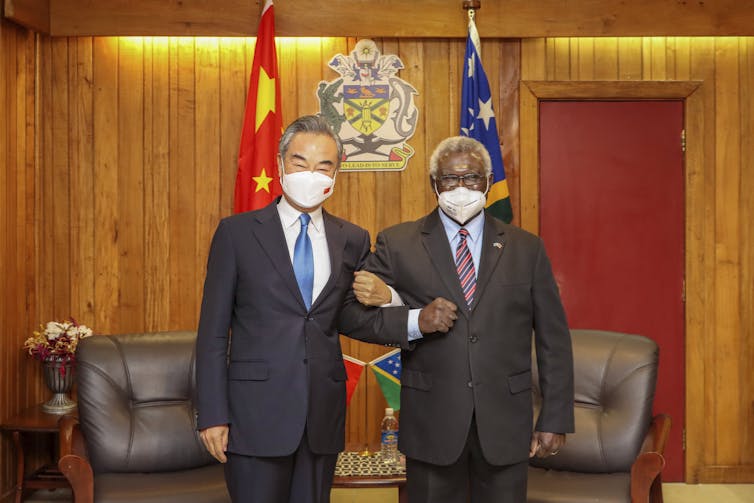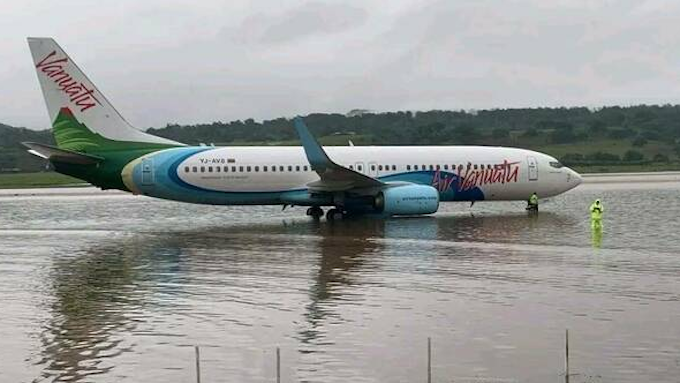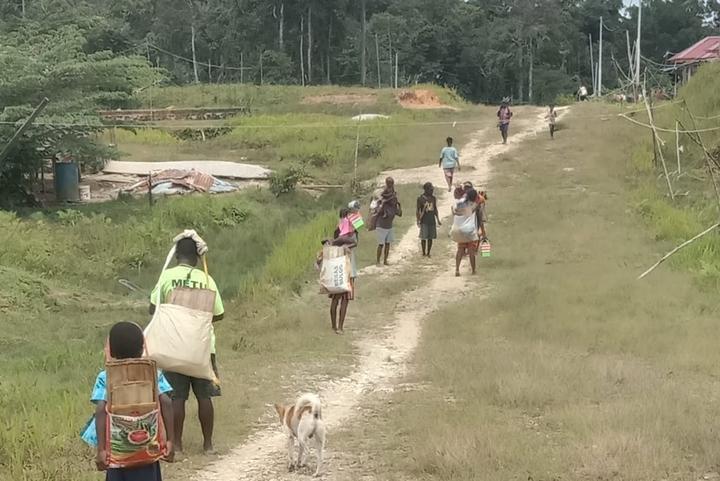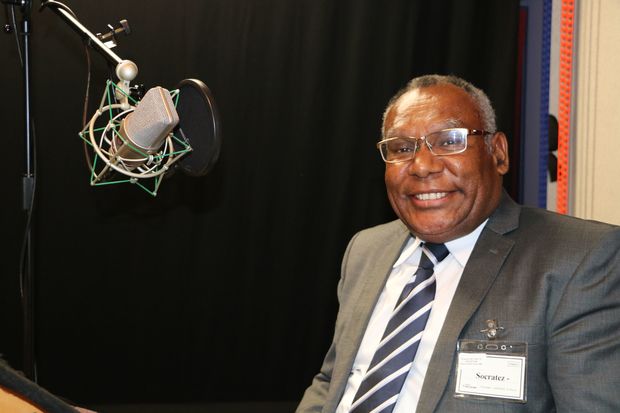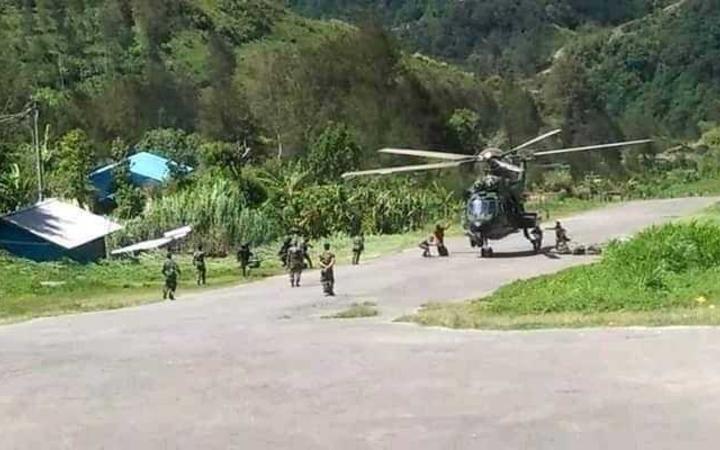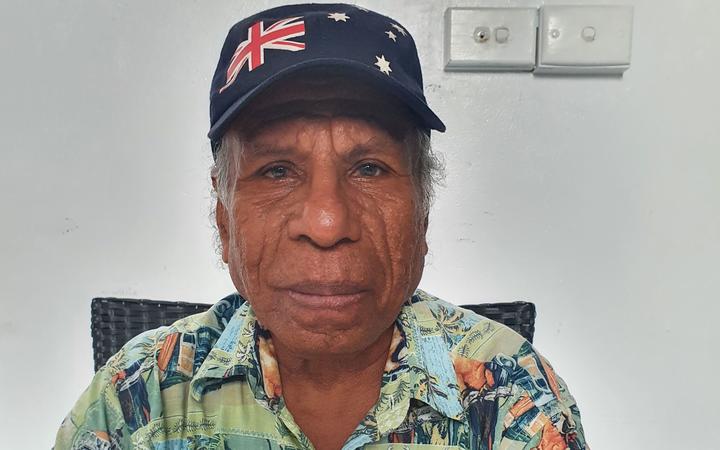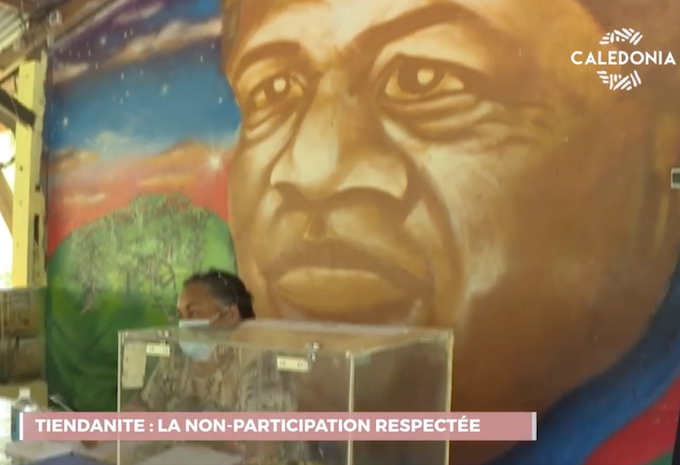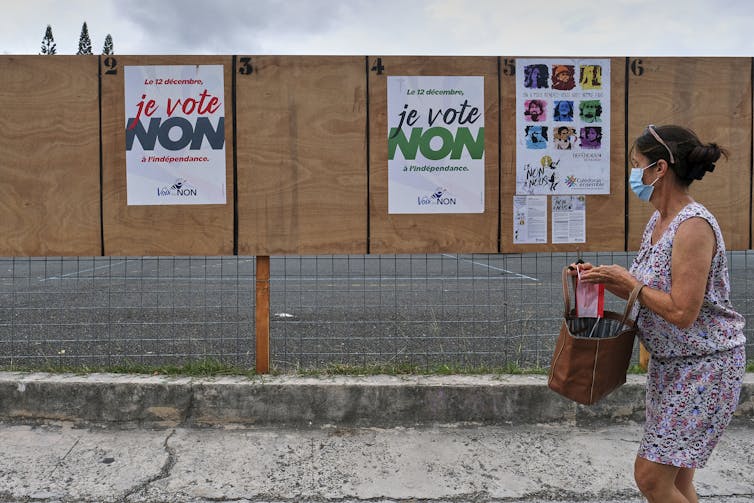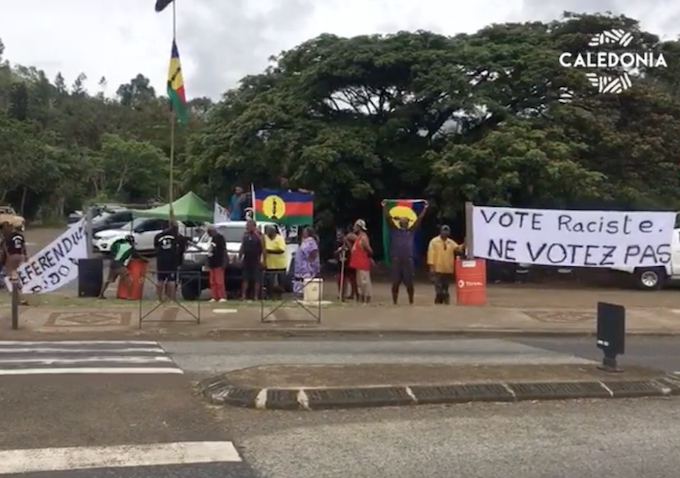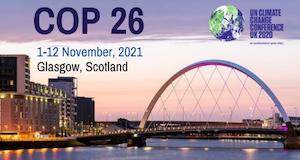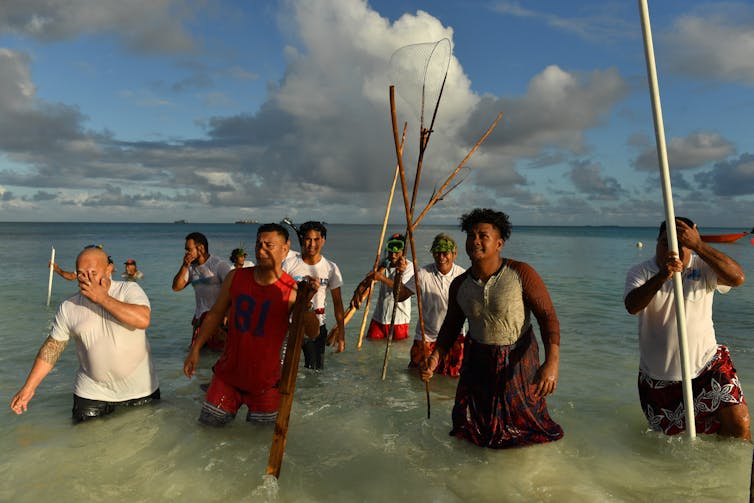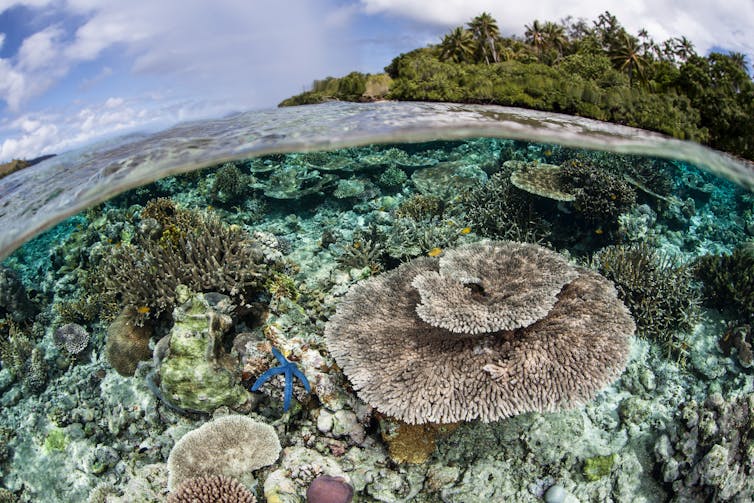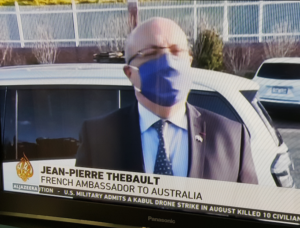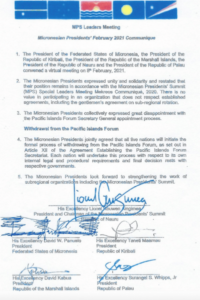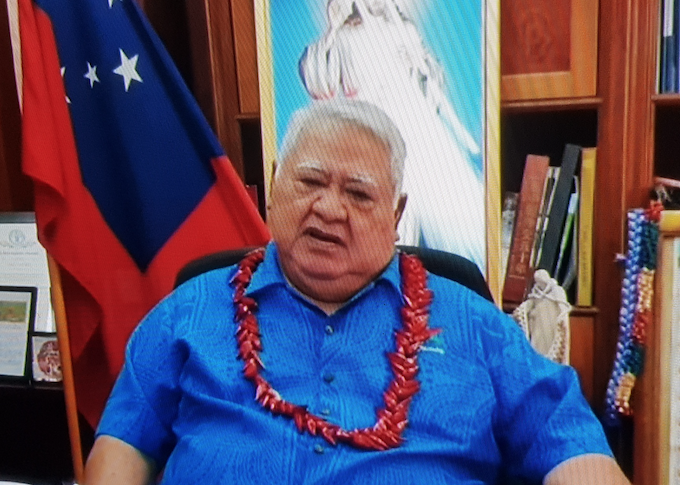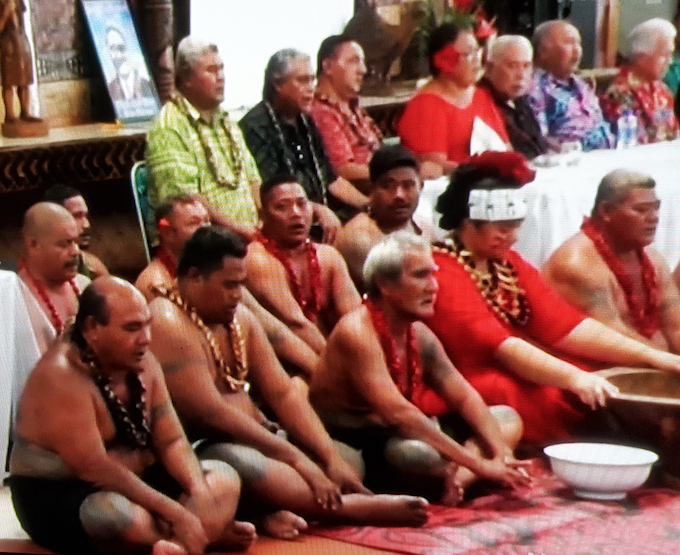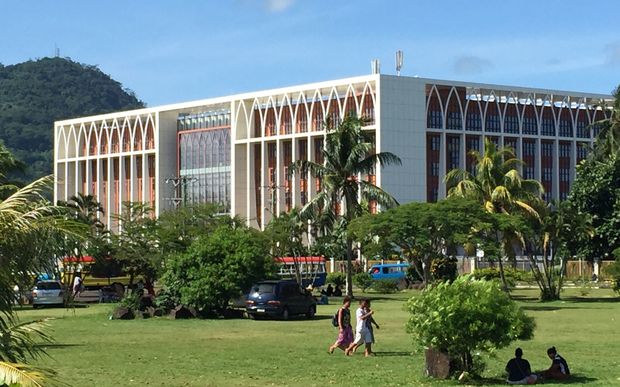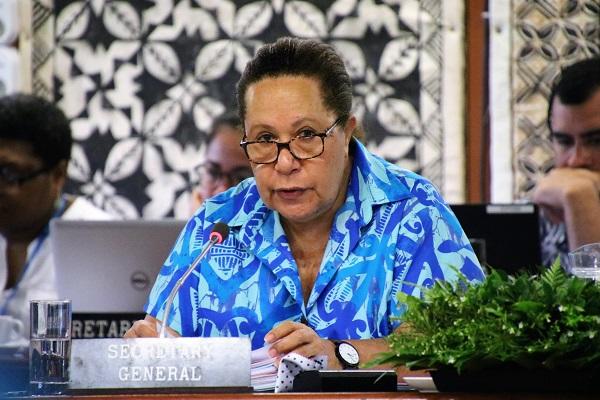ANALYSIS: By Geoffrey Miller of The Democracy Project
Jacinda Ardern’s decision to attend the upcoming North Atlantic Treaty Organization (NATO) summit in Spain — but to skip the Commonwealth Heads of Government Meeting (CHOGM) in Rwanda — symbolises the changes she is making to New Zealand foreign policy.
The Commonwealth Heads of Government Meeting (CHOGM) starts today in Kigali, while the NATO summit will be held in Madrid next week.
However, Jacinda Ardern is only attending the NATO summit. She is sending her Foreign Minister, Nanaia Mahuta, to attend the Commonwealth meeting in her place.
Ardern is hardly alone with her decision to stay away from CHOGM — so far, only 35 of 54 Commonwealth leaders have sent an RSVP. New Australian Prime Minister Anthony Albanese will be among the absentees — deputy Prime Minister (and defence minister) Richard Marles will go instead.
This is despite the fact that this year’s CHOGM is being held during the Queen’s Platinum Jubilee year and just over a month before the Commonwealth Games — the grouping’s sporting flagship.
The summit will also be the first CHOGM since 2018, the first CHOGM in Africa since 2007 and the first to be hosted by a “new” Commonwealth member — Rwanda was never a British colony, but voluntarily joined the Commonwealth in 2009.
Indeed, Rwanda’s hosting of the summit this year is not without controversy. Freedom House, a US-based think tank, calls the country ‘not free’, with a ranking of just 22 points out of 100 — placing it firmly in the bottom third of its global rankings, two places ahead of Russia.
‘Pervasive intimidation, torture’
Freedom House says the Rwandan regime — led by authoritarian President Paul Kagame — undertakes ‘pervasive surveillance, intimidation, torture, and renditions or suspected assassinations of exiled dissidents.’
This year’s CHOGM also threatens to be overshadowed by a UK plan to deport asylum-seekers to Rwanda. Prince Charles, who reportedly called the deal ‘appalling’, will be representing the Queen at the summit in Kigali.
Despite these two red flags, prominent human rights organisations are not calling for a boycott of the event. Rather, they want Commonwealth leaders to draw attention to the problems. Human Rights Watch, for instance, has asked leaders to voice their “grave concern to the [Rwandan] government on its human rights record”.
And, in reference to the UK-Rwanda asylum-seeker deal, Amnesty International wants Commonwealth members to ‘seize the opportunity in Kigali to denounce this inhumane arrangement’.
‘Jacinda Ardern’s invitation to attend the NATO’s 2022 Madrid Summit will also be something of a reward for aligning New Zealand’s foreign policy more closely with NATO – and the West generally – over the past few months’ – @GeoffMillerNZ https://t.co/hgkbfp8jO0
— Democracy Project (@Dem_Project) June 19, 2022
Jacinda Ardern’s no-show at CHOGM is probably driven partly by domestic political considerations and timing. This Friday’s inaugural “Matariki” public holiday, which marks the Māori New Year, was a key election campaign pledge by Ardern’s Labour Party in 2020 — and the Prime Minister is scheduled to attend a pre-dawn ceremony on the day.
Outside of the Commonwealth Games, the Commonwealth has a low profile — but it has a lot going for it. Few intergovernmental organisations can rival it for size — with the Commonwealth’s collective population reaching 2.6 billion, only the likes of the Asia-Pacific Economic Cooperation (APEC) forum and the United Nations (UN) represent more people.
Strength in representing small states
Moreover, the Commonwealth has a particular strength in representing small states, especially island ones — 25 of the 54 members are classified as Small Island Developing States. This means the Commonwealth can be a particularly useful forum for discussing climate change and environmental issues.
The results have included initiatives such as the Commonwealth Litter Programme, which has made real differences to countries such as Vanuatu in fighting plastic pollution.
The Commonwealth is more than just a talking shop, but the disparate nature of its membership is a major challenge. The Commonwealth includes wealthy, democratic countries such as New Zealand, Australia, Canada and the UK — but also poor, authoritarian ones such as Cameroon, Rwanda and Uganda.
In between, there are also some rich authoritarian members (such as Brunei) and less well-off democracies (such as India)
Of course, there is still great value in an organisation that brings opposing sides together for a robust exchange of views — the new geopolitical faultline between the Global South and North over Ukraine is a case in point. While Western countries — including New Zealand — have provided strong support to Ukraine, most non-Western countries have not followed suit.
It would do Jacinda Ardern good to listen to the rationale that countries such as South Africa and Mozambique might have for not falling in line with the Western position. Countries perhaps learn best when they are not just surrounded by their like-minded friends.
However, in the new Cold War, ideology is back with a vengeance — and many countries are drifting away from pragmatic, inclusive groupings towards more ideologically-driven ones.
Countering Chinese influence
For Australia, this means countering Chinese influence with the reinvigorated “Quad” arrangement (with India, Japan and the US) and AUKUS (with the United Kingdom and the United States); for New Zealand, the Pacific Islands Forum and bilateral meetings with Australia and the United States have taken on greater significance.
All of this explains why Jacinda Ardern has accepted an invitation to attend NATO’s Madrid Summit next week. Jens Stoltenberg, the alliance’s Secretary General, has recently been at pains to highlight the invitation to the bloc’s “Asia-Pacific partners” – Australia, Japan, New Zealand and South Korea.
The reason is obvious – on Thursday, Stoltenberg specifically mentioned China as one of the priorities for the meeting, which will set out a new “Strategic Concept” — effectively a blueprint for the future of NATO.
And while NATO’s main focus will remain on security in Europe, last year’s summit in Brussels — held well before Russia’s invasion of Ukraine — was noteworthy for making China its main priority.
The summit’s communique made NATO’s position crystal-clear: “China’s stated ambitions and assertive behaviour present systemic challenges to the rules-based international order and to areas relevant to Alliance security”.
Jacinda Ardern’s invitation to attend the NATO’s 2022 Madrid Summit will also be something of a reward for aligning New Zealand’s foreign policy more closely with NATO — and the West generally — over the past few months.
After all, Ardern has overhauled New Zealand’s foreign policy by introducing sanctions against Russia and sending military equipment and weapons to Ukraine — and by making a symbolic contribution of New Zealand troops to Europe to assist with the war effort.
Security ‘not for free’
But as Stoltenberg likes to say, security “does not come for free” — and the meeting will undoubtedly also serve as an opportunity to put pressure on New Zealand to provide even more assistance. The NATO Secretary-General recently pointed out that there have been “seven consecutive years of rising defence investment across Europe and Canada”.
New Zealand’s military spending shows a remarkably similar trajectory, with spending now at the 1.5% of GDP level– up from 1.1% in 2015, although still well below NATO’s target of 2%.
Like Jacinda Ardern, Ukrainian President Volodymyr Zelensky will also be a guest of honour at the NATO summit. Anthony Albanese is also travelling to Madrid — and Zelensky has already invited the Australian PM to visit Kyiv.
If he accepts, Albanese would be following in the footsteps of many other NATO country leaders who have travelled to Ukraine in recent weeks, including the UK’s Boris Johnson, France’s Emmanuel Macron and Germany’s Olaf Scholz.
And given the focus on Western unity and solidarity in recent months, there is every chance Jacinda Ardern would travel together with Anthony Albanese on any European side-trip to Ukraine — on a joint ANZAC solidarity mission.
Ardern is backing NATO over CHOGM.
She might be choosing Kyiv over Kigali.
Geoffrey Miller is an international analyst and writes on current New Zealand foreign policy and related geopolitical issues for Victoria University of Wellington’s Democracy Project. He has lived in Germany and the Middle East and is a learner of Arabic and Russian. This article is republished under a Creative Commons licence.
This post was originally published on Asia Pacific Report.
